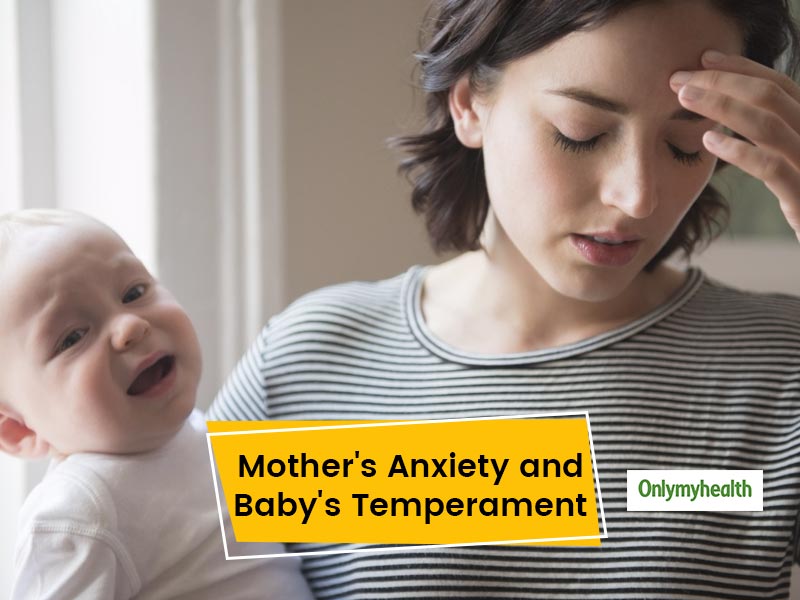
The heartbeat of a newborn may not be significant like grownups but that depicts a lot about their physiological wellbeing. Happy and composed babies tend to have normal heartbeat whereas emotionally challenged or stressed babies’ heartbeat is rapider as compared to others. This mostly happens with babies born to anxious or depressed mothers.
Table of Content:-
In the initial months, only mother-baby interaction is stronger. The baby can feel the mother and develop qualities accordingly. Baby born to a healthy and happy mother would be physically, emotionally and psychologically sound. Whereas having a stressed mother could negatively impact the baby that affects his psychological health and he/she may exhibit strong physiological symptoms.
What is the link between the mother’s health and baby’s health?

Babies cannot understand languages or speeches but they can feel the emotions of the person, especially, mother. A mother’s health plays a vital role in the growth and development of the child. A depressed and emotionally-distant mother can make a child psychologically weak and cause insecurities in the baby.
Also Read: Know From Pediatrician What Foods Are Good For Your Child's Brain Growth
Researchers have found that the heartbeat of babies of anxious mothers significantly rises when mothers aren’t around them. These babies also have temperamental issues while growing up. Fabio Blanco-Dormond, a researcher from the University of Heidelberg said: "To our knowledge, this is one of the first times this physical effect has been seen in 3 months old infants. This may feed into other physiological stress systems leading to imprinted psychological problems."
"We found that if a mother was anxious or depressed, their baby had a more sensitive physiological response to stress during the test than did the babies of healthy mothers. This was a statistically significant increase of an average of 8 beats per minute during the non-interactive phase".

Also Read: What Is Newborn Fat and Why Parents Should Not Ignore It?
Impact of maternal stress on the baby
This research clearly establishes the link that maternal stress can affect the health of the baby. Therefore, it is very important to address depression and mood disorders in mothers. This can prevent emotional and psychological issues in kids.
Read More Latest Health News
How we keep this article up to date:
We work with experts and keep a close eye on the latest in health and wellness. Whenever there is a new research or helpful information, we update our articles with accurate and useful advice.
Current Version
